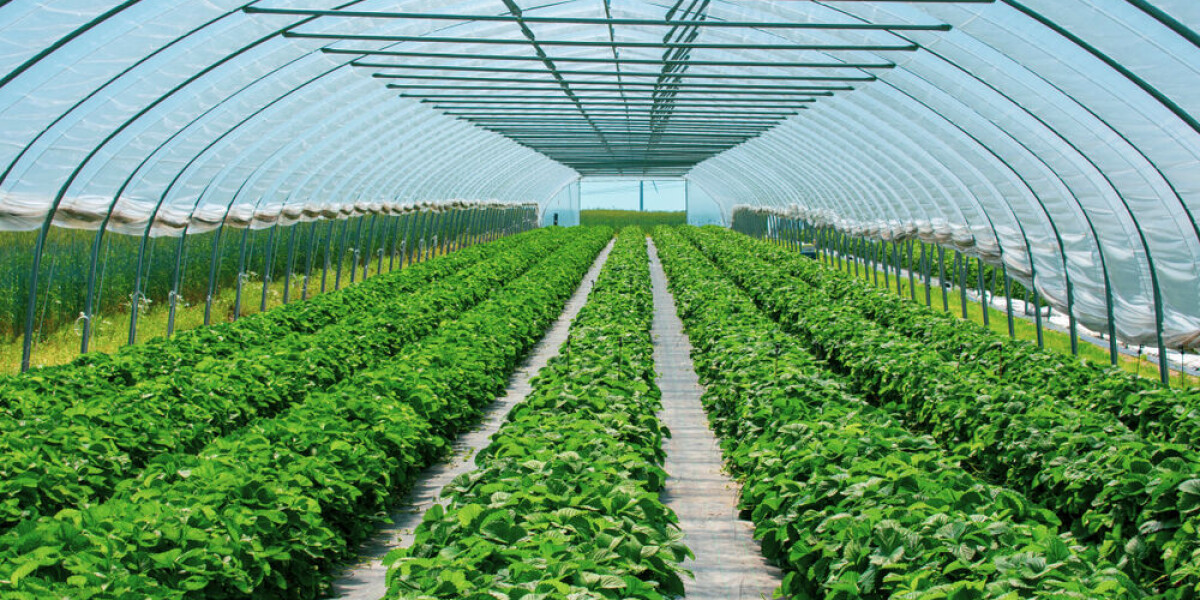
Mild winter in france wreaks havoc on fruit producers and in gardens
- Select a language for the TTS:
- UK English Female
- UK English Male
- US English Female
- US English Male
- Australian Female
- Australian Male
- Language selected: (auto detect) - EN
Play all audios:

WARMER-THAN-AVERAGE TEMPERATURES THIS SEASON HAVE CAUSED FRUIT PLANTS TO FLOWER EARLY, DESPITE THE STILL-PRESENT RISK OF FROST Mild temperatures in France are causing plants to come out
early as they believe it is time for spring, causing problems for fruit producers and gardeners. Some parts of the country, especially in Occitanie, are particularly affected. One fruit
producer in Mauguio, near Montpellier in Hérault, has started to see flowers appear on her strawberry plants. However, it is much too early in the year. Denise Giner TOLD FRANCE 3: “These
strawberry plants were planted two weeks ago and we’re already seeing their flower. It’s much too early. There is a risk of frost in the next few weeks, and these flowers will not yield
fruit if they freeze.” The early flowering will also likely have an effect on production, with a possible yield drop of 25%. Now, Ms Giner will have to work harder to regulate the
temperature inside her greenhouses. She said: “We close the greenhouses at night, because that’s when we can get dangerous temperatures and frost. Then, we have to open the greenhouses when
the temperatures rise. This is a lot more manual labour, but we don’t have a choice. We have to let as much cold air in as possible.” She is now even considering adapting to the warmer
temperatures by growing tropical fruits instead. Another producer, Philippe Vouters, in Solignac, Bessières, in Haute-Garonne, said: “The mimosas have already started to flower, which is
crazy. Usually, they only flower from mid-April. “Even our cherry trees have flowers. Those that flower in autumn, did so in autumn, and are now coming out in blossom again. I’ve never seen
that happen before.” The problem with the early flowering, he explained, is that there is still a risk of frost in future weeks. Another risk is that the plants may ‘run out’ of vegetation
before the end of the season. Pests such as spiders, flies, and beetles may also proliferate. Mr Vouters said: “If the plants become exhausted and don’t get enough rest time, some will die
and others will kill off certain branches to survive.” Even individual gardeners are finding that the weather is requiring them to change up their usual tactics. One retired gardener TOLD
FRANCE 3: “I have already had three blossoms this year. That’s very surprising. We had already lost many plants due to the drought, so we have already adapted. We bought other plants; more
wild species with fewer flowers. The beautiful English garden we had before is over.” Another said: “We know that with these milder winters and early springtimes, we do what we can faced
with the significant risk of frost. We lose flowers and some fruits, but we manage as best we can.” Professional growers are having to change up their practices by planting frost-resistant
or drought-resistant Mediterranean species. They are also planting earlier in the season, to enable the roots to embed more strongly and avoid the worst effects of drought. Despite heavy
rain in some parts of the country in recent weeks, the severe drought from the dry summer means that many areas are still experiencing very low levels at the water table level. Weather
forecasters have already predicted that 2023 will be a “very dry year”. RELATED ARTICLES RECORD-BREAKING TEMPERATURES EXPECTED IN FRANCE THIS NEW YEAR’S EVE DROUGHT IN FRANCE: 2023 SET TO BE
‘VERY DRY YEAR’ AND IT STARTS NOW
